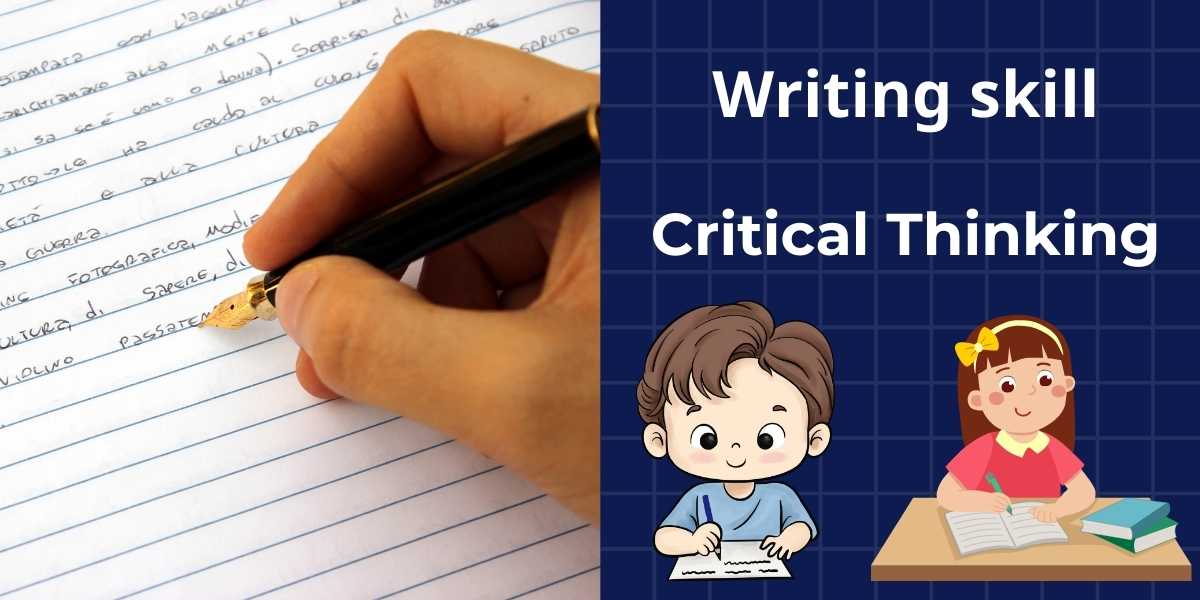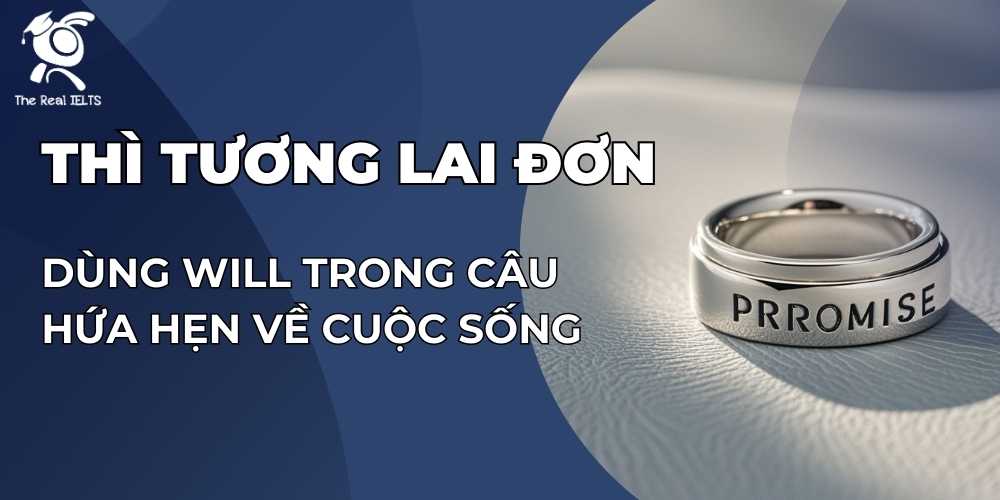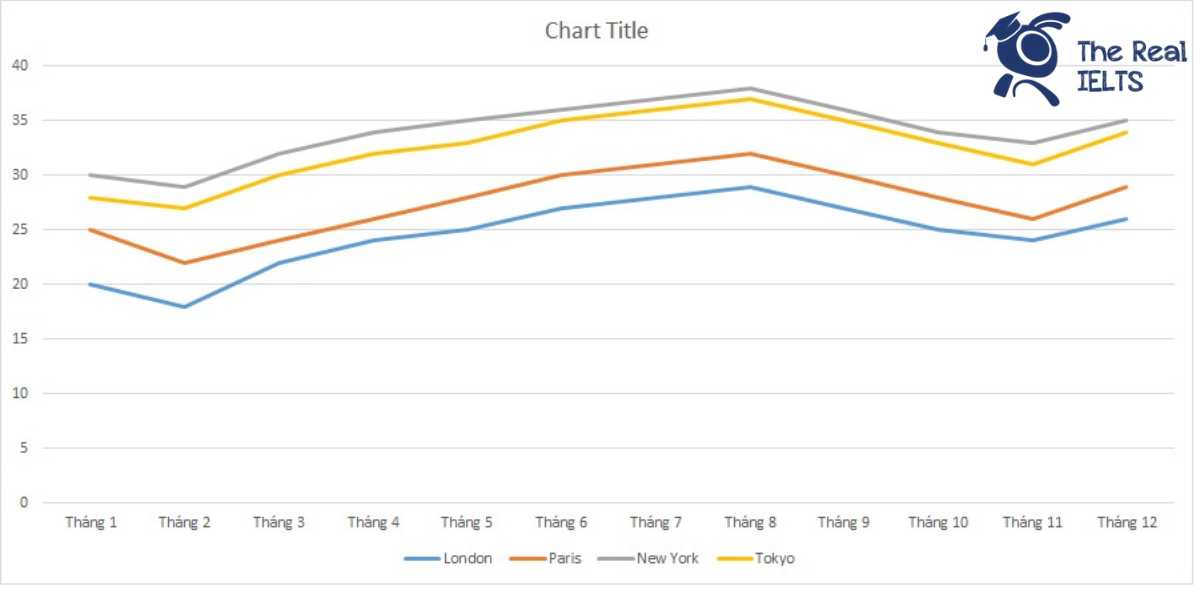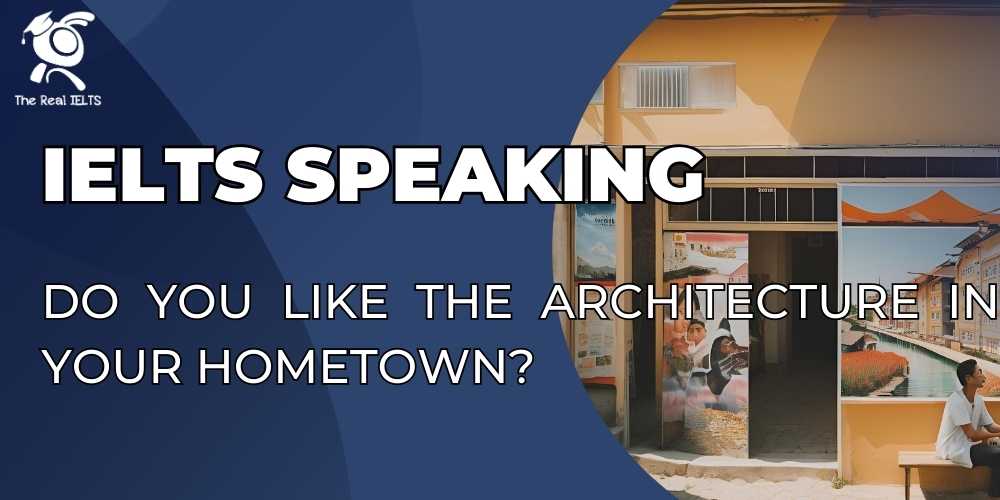Series luyện Writing Skill của The Real IELTS bài viết này có chủ đề The Importance of Critical Thinking in Problem Solving.
Từ vựng và cụm từ vựng trong bài Writing Critical Thinking
- Critical thinking – Suy luận phê phán / Tư duy phản biện
- Problem-solving – Giải quyết vấn đề
- Cognitive processes – Quá trình nhận thức
- Reasoned judgments – Nhận định có lý
- Assumptions – Giả định
- Alternative perspectives – Quan điểm khác nhau / Góc nhìn khác
- Data-driven decision-making – Ra quyết định dựa trên dữ liệu
- Mitigating risks – Giảm thiểu rủi ro
- Logical fallacies – Sự sai lầm logic
- Continuous learning – Học hỏi liên tục
- Deliberate practice – Luyện tập định kỳ
- Diverse perspectives – Góc nhìn đa dạng
- Lifelong learning – Học suốt đời
- Novel ideas – Ý tưởng mới lạ
- Clarity and confidence – Sự rõ ràng và tự tin
Dàn ý triển khai:
I. Introduction
A. Definition of critical thinking B. Brief explanation of problem-solving C. Thesis statement: The crucial role of critical thinking in effective problem-solving
II. Understanding Critical Thinking
A. Definition and components of critical thinking B. Importance of critical thinking skills in various aspects of life C. Examples illustrating the application of critical thinking in different scenarios
III. The Relationship Between Critical Thinking and Problem Solving
A. Definition and nature of problem-solving B. Exploration of how critical thinking enhances problem-solving abilities C. Case studies demonstrating the effectiveness of critical thinking in problem-solving situations
IV. Key Components of Critical Thinking in Problem Solving
A. Analysis: Breaking down complex problems into manageable parts B. Evaluation: Assessing the validity and relevance of information C. Creativity: Generating innovative solutions to challenges D. Reflection: Examining assumptions and biases to improve decision-making
V. Benefits of Incorporating Critical Thinking into Problem Solving
A. Enhanced decision-making skills B. Improved problem-solving efficiency and effectiveness C. Promotion of innovation and adaptability D. Better outcomes in personal and professional endeavors
VI. Strategies to Develop Critical Thinking Skills for Problem Solving
A. Practice active listening and observation B. Engage in challenging tasks that require problem-solving C. Seek diverse perspectives and feedback D. Continuously refine and update critical thinking abilities through lifelong learning
VII. Conclusion
A. Restate the importance of critical thinking in problem-solving B. Emphasize the significance of cultivating critical thinking skills for personal and societal advancement C. Call to action for individuals and institutions to prioritize the development of critical thinking abilities.
Bài viết gợi ý
Critical thinking is a fundamental skill that plays a pivotal role in problem-solving across various domains. Defined as the ability to analyze, evaluate, and synthesize information, critical thinking enables individuals to make reasoned judgments and decisions. Similarly, problem-solving involves identifying challenges, devising solutions, and implementing strategies to overcome obstacles.
Tư duy phản biện là một kỹ năng cơ bản đóng một vai trò then chốt trong giải quyết vấn đề ở nhiều lĩnh vực khác nhau. Được định nghĩa là khả năng phân tích, đánh giá, và tổng hợp thông tin, tư duy phản biện giúp cá nhân đưa ra nhận định có lý và quyết định. Tương tự, giải quyết vấn đề bao gồm việc xác định thách thức, tìm ra giải pháp và thực hiện chiến lược để vượt qua các trở ngại.
This article explores the indispensable connection between critical thinking and problem-solving, emphasizing the significance of cultivating critical thinking skills to navigate complexities effectively.
Bài viết này khám phá mối liên hệ không thể thiếu giữa tư duy phản biện và giải quyết vấn đề, nhấn mạnh vai trò quan trọng của việc phát triển kỹ năng tư duy phản biện để điều hướng một cách hiệu quả trong môi trường phức tạp.
Understanding Critical Thinking
Hiểu biết về Tư duy phản biện
Critical thinking encompasses a range of cognitive processes, including analysis, interpretation, inference, explanation, and evaluation. These skills are essential for discerning the reliability and relevance of information, fostering intellectual independence, and fostering informed decision-making.
Tư duy phản biện bao gồm một loạt các quá trình nhận thức, bao gồm phân tích, diễn giải, suy luận, giải thích và đánh giá. Những kỹ năng này là cần thiết để phân biệt sự tin cậy và sự liên quan của thông tin, thúc đẩy độc lập tư duy và đưa ra quyết định có căn cứ.
In everyday life, critical thinking enables individuals to question assumptions, consider alternative perspectives, and arrive at well-reasoned conclusions. For instance, in academic settings, students use critical thinking to dissect complex texts, evaluate arguments, and formulate coherent responses.
Trong cuộc sống hàng ngày, tư duy phản biện giúp cá nhân nghi ngờ các giả định, xem xét góc nhìn khác nhau và đưa ra kết luận có lý. Ví dụ, trong môi trường học thuật, sinh viên sử dụng tư duy phản biện để phân tích văn bản phức tạp, đánh giá các luận điểm và đưa ra phản hồi chặt chẽ.
The Relationship Between Critical Thinking and Problem Solving
Mối Liên Hệ Giữa Tư duy phản biện và Giải quyết vấn đề
Problem-solving involves identifying obstacles, generating alternative solutions, and selecting the most effective course of action. Critical thinking serves as a catalyst for effective problem-solving by enabling individuals to analyze problems systematically, evaluate potential solutions, and anticipate consequences.
Giải quyết vấn đề bao gồm xác định các trở ngại, tạo ra các giải pháp thay thế và chọn lựa hành động hiệu quả nhất. Tư duy phản biện đóng vai trò là chất xúc tác cho việc giải quyết vấn đề hiệu quả bằng cách cho phép cá nhân phân tích các vấn đề một cách có hệ thống, đánh giá các giải pháp tiềm năng và dự đoán hậu quả.
In professional contexts, critical thinking enhances problem-solving abilities by facilitating data-driven decision-making, fostering innovation, and mitigating risks. For example, in business settings, critical thinking empowers leaders to assess market trends, identify competitive advantages, and develop strategic plans.
Trong ngữ cảnh chuyên môn, tư duy phản biện tăng cường kỹ năng giải quyết vấn đề bằng cách hỗ trợ ra quyết định dựa trên dữ liệu, thúc đẩy sáng tạo và khả năng thích ứng, và giảm thiểu rủi ro. Ví dụ, trong môi trường kinh doanh, tư duy phản biện giúp những người lãnh đạo đánh giá xu hướng thị trường, xác định lợi thế cạnh tranh và phát triển kế hoạch chiến lược.
Key Components of Critical Thinking in Problem Solving
Các Thành Phần Chính của Tư duy phản biện trong Giải quyết vấn đề
Analysis is the process of breaking down complex problems into manageable components, allowing individuals to identify patterns, relationships, and underlying causes. Evaluation involves assessing the credibility and significance of information, distinguishing between fact and opinion, and identifying logical fallacies. Creativity entails generating novel ideas, exploring unconventional solutions, and embracing experimentation. Reflection encourages individuals to examine their assumptions, biases, and mental models, fostering continuous learning and self-improvement.
Phân tích là quá trình chia nhỏ các vấn đề phức tạp thành các thành phần quản lý, cho phép cá nhân nhận biết mẫu mã, mối quan hệ và nguyên nhân cơ bản. Đánh giá bao gồm đánh giá sự tin cậy và ý nghĩa của thông tin, phân biệt giữa sự thật và ý kiến, và xác định sai lầm logic. Sáng tạo bao gồm việc tạo ra ý tưởng mới lạ, khám phá giải pháp phi truyền thống và chấp nhận thử nghiệm. Phản xạ khuyến khích cá nhân kiểm tra giả định, định kiến và mô hình tư duy của họ, thúc đẩy học hỏi liên tục và tự cải thiện.
Benefits of Incorporating Critical Thinking into Problem Solving
Lợi Ích của Việc Kết Hợp Tư duy phản biện vào Giải quyết vấn đề
Integrating critical thinking into problem-solving yields numerous benefits, including enhanced decision-making skills, improved problem-solving efficiency and effectiveness, promotion of innovation and adaptability, and better outcomes in personal and professional endeavors. By cultivating critical thinking abilities, individuals can navigate uncertainties, address complex challenges, and achieve their goals with clarity and confidence.
Kết hợp tư duy phản biện vào giải quyết vấn đề mang lại nhiều lợi ích, bao gồm cải thiện kỹ năng ra quyết định, tăng cường hiệu quả và hiệu suất giải quyết vấn đề, thúc đẩy sáng tạo và tính linh hoạt, và cải thiện kết quả trong các lĩnh vực cá nhân và chuyên môn. Bằng cách nuôi dưỡng kỹ năng tư duy phản biện, cá nhân có thể điều hướng các tình huống không chắc chắn, đối mặt với các thách thức phức tạp và đạt được mục tiêu của họ với sự rõ ràng và tự tin.
Strategies to Develop Critical Thinking Skills for Problem Solving
Chiến Lược Phát Triển Kỹ Năng Tư duy phản biện cho Giải quyết vấn đề
Developing critical thinking skills requires deliberate practice, exposure to diverse perspectives, and a commitment to lifelong learning. Strategies to enhance critical thinking include practicing active listening and observation, engaging in challenging tasks that require problem-solving, seeking feedback from peers and mentors, and continuously refining and updating critical thinking abilities through ongoing education and training.
Phát triển kỹ năng tư duy phản biện đòi hỏi luyện tập định kỳ, tiếp xúc với góc nhìn đa dạng, và cam kết với học hỏi suốt đời. Các chiến lược để tăng cường tư duy phản biện bao gồm thực hành lắng nghe chủ động và quan sát, tham gia vào các nhiệm vụ thách thức đòi hỏi giải quyết vấn đề, tìm kiếm phản hồi từ đồng nghiệp và người hướng dẫn, và liên tục cải thiện và cập nhật khả năng tư duy phản biện thông qua giáo dục và đào tạo liên tục.
Conclusion
Kết Luận
In conclusion, critical thinking is indispensable for effective problem-solving across various contexts. By honing critical thinking skills, individuals can analyze problems, evaluate options, and make informed decisions with clarity and confidence. As society grapples with increasingly complex challenges, the cultivation of critical thinking abilities becomes more crucial than ever.
Tóm lại, tư duy phản biện là không thể thiếu cho việc giải quyết vấn đề hiệu quả ở nhiều bối cảnh khác nhau. Bằng cách mài giũa kỹ năng tư duy phản biện, cá nhân có thể phân tích vấn đề, đánh giá các lựa chọn và đưa ra quyết định có căn cứ với sự rõ ràng và tự tin. Khi xã hội đối mặt với những thách thức ngày càng phức tạp, việc phát triển kỹ năng tư duy phản biện trở nên quan trọng hơn bao giờ hết.
Therefore, it is imperative for individuals and institutions alike to prioritize the development of critical thinking skills to navigate uncertainties, seize opportunities, and drive positive change in the world.
Do đó, việc ưu tiên phát triển kỹ năng tư duy phản biện đối với cá nhân và tổ chức là điều cần thiết để điều hướng qua các không chắc chắn, tận dụng cơ hội và thúc đẩy thay đổi tích cực trong thế giới này.
Học lại bài trước: Writing skill part 2: Exploring Cultural Diversity in Today’s Workplace.















